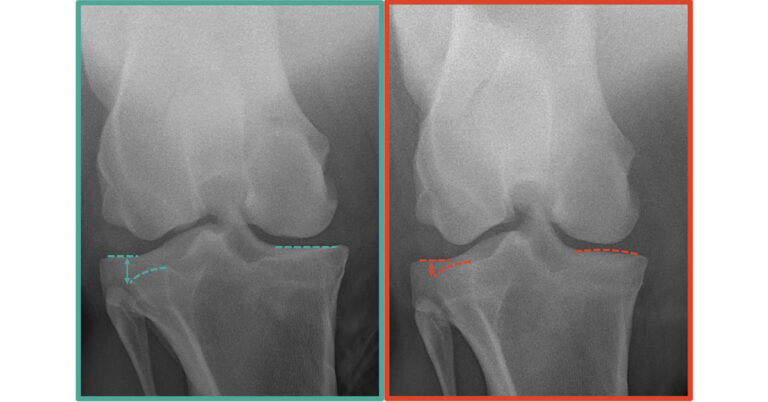
Cara Wright, DVM, MS, IVCA, spoke at the 2023 AAEP Convention on limiting burnout in equine veterinary medicine by decreasing decision fatigue. Decision fatigue is a term coined by social psychologist Roy Baumeister, who described it as the emotional and mental strain resulting from the burden of choices. Another group defined decision fatigue as “a state occurring when mental resources become depleted and/or when motivation to exert mental effort declines over time, resulting in a measurable shift toward easier, safer, or more gratifying decisions and actions.” As a result, said Wright, people experiencing decision fatigue might make worse decisions or feel paralyzed and unable to make any choice at all. Because research shows people typically make about 35,000 decisions per day, she stated, it’s unsurprising this is tiring!
Factors Contributing to Decision Fatigue
Factors contributing to this phenomenon include fatigue, sleep deprivation, low blood sugar, and time of day. In veterinary medicine, unpredictable days, the need to make life-altering decisions, and a plethora of serial decisions add to the burden. Decision fatigue can be a contributing factor to generalized burnout and compassion fatigue, and these conditions can occur concurrently, Wright added.
According to the Merck Animal Health Veterinarian Wellbeing Study III, nearly one-third of veterinarians and up to half of support staff surveyed reported experiencing burnout. A significant sign of burnout is exhaustion. One method for lowering the chance of burnout in veterinarians is decreasing mental exhaustion by streamlining decision-making, Wright said.
Signs of Decision Fatigue
Classic signs of decision fatigue include procrastination, impulsivity, avoidance, and indecision. Too many options can lead to decision paralysis. Some people become stuck thinking about sunk cost because they have already invested in a particular direction. Decision fatigue can also cause individuals to choose the default option, which often requires little cognitive effort.
Consequences of Decision Fatigue
Wright shared several studies emphasizing the consequences of decision fatigue. A study of bank loan officers revealed loan approval rates dropped in the afternoon compared to the morning, costing the bank more than $500,000 in monthly revenue because of lost fees and interest. A study of German car buyers revealed consumers were more likely to select the default trim level after experiencing mental fatigue while making a sequence of decisions about their order. When offered the option to select trim level earlier in the sequence of decisions, fewer consumers selected the default option. Research in Scotland on more than 4,000 decisions made by nurses showed decisions became more expensive, less efficient, and tended more toward a default position as the time and number of decisions since their last rest break increased. Wright also cited a study of emergency physicians in which decision fatigue led to lower inpatient admission rates, fewer task orders, shorter patient length of stay, and higher mortality rates. Another study showed human doctors prescribe more unnecessary antibiotics toward the end of clinic appointments than at the beginning.
Advice for Veterinarians
Wright then suggested steps veterinarians can follow to minimize the need to make decisions. She recommended veterinarians set aside time for decision-making and communication with staff to stop interruptions during the workday. She also suggested setting aside time for administrative tasks and committing to finishing them during that period. Practitioners can also empower staff to make decisions and delegate as much as possible. Wright recommended assigning tasks to staff based on their strengths and interests. In addition, she advised doctors to:
- Optimize their technology to minimize questions.
- Use templates for discharges and instructions.
- Set up scheduling rules, including time needed for certain kinds of appointments.
- Set up auto-link reminders for reviewing lab results when the item is billed.
- Try to make complex decisions early in the day.
Using evidence-based medicine whenever you can reduces second-guessing, she added. Setting micro-deadlines to break down bigger tasks can help veterinarians avoid procrastination. Finally, Wright suggested providing daily uniforms so practitioners don’t have to decide what to wear to work and stocking your truck with healthy snacks so you don’t become “hangry.”
“Executive functions are reduced when you are hungry. Eat your snacks!” she ordered. In closing, Wright said, “Commit to your decisions—don’t second-guess yourself.” She reminded the audience, “Most decisions in life are not permanent.”
Sponsored by









